Today , the Third District Planning Coordinating Unit (DPCU) meeting was held at the South…
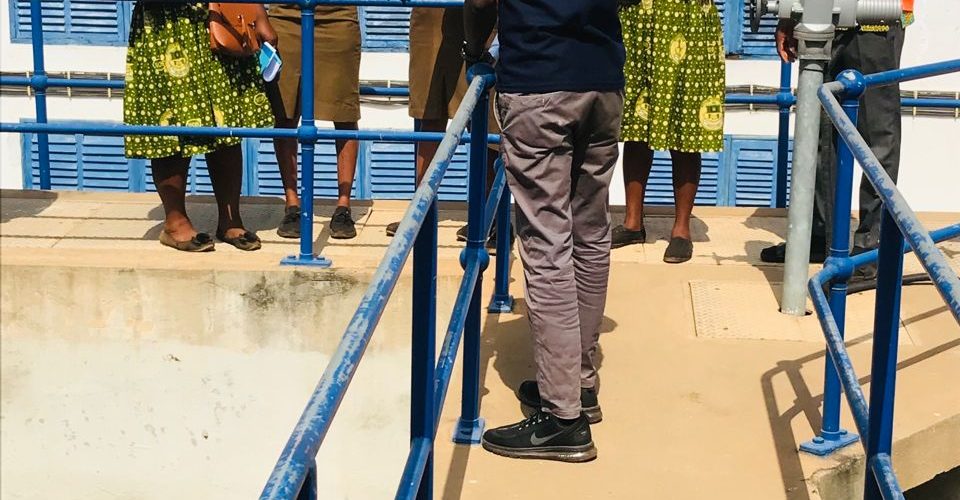
School of Hygiene Students, Ho visited Ghana Water Company treatment Centre, Kpeve Station.
On 28th Feb 2024, students from the School of Hygiene, Ho visited the Ghana Water Company, Kpeve Station to observe and learn about the various activities involved in water treatment. The visit aimed to provide students with practical insights into the processes that ensure the delivery of safe drinking water to communities.
Overview of Water Treatment Processes
Upon arrival, the students were greeted by company staff who provided an overview of the water treatment facility. The key processes discussed included:
Intake: Water is drawn from a source (Dayi river) and transported to the treatment plant.
Coagulation and Flocculation: Chemicals are added to the water to help contaminants clump together, forming larger particles (flocs) for easier removal.
Sedimentation: The flocs settle to the bottom of large tanks, allowing clearer water to be collected from the top.
Filtration: The water passes through filters (sand, gravel, or membrane) to remove remaining impurities.
Disinfection: Chemicals, such as chlorine, are added to kill harmful microorganisms and ensure water safety.
Storage and Distribution: Treated water is stored in tanks before being distributed to communities through a network of pipes.
Observations
During the visit, students observed several key activities:
Real-Time Monitoring: Students witnessed the monitoring of water quality parameters, including pH, turbidity, and chlorine levels.
Hands-On Demonstration: Staff conducted a demonstration of the coagulation and filtration processes, allowing students to understand the practical applications of theoretical concepts.
Q&A Session: Students had the opportunity to ask questions about challenges faced in water treatment, such as maintaining water quality during distribution and addressing seasonal variations in water sources.
Key Takeaways
Importance of Hygiene: The visit underscored the critical link between water treatment, sanitation, and public health. Clean water is essential for preventing waterborne diseases.
Community Engagement: The company’s efforts in community education about water conservation and hygiene practices were highlighted as vital for sustainable water management.
Career Insights: Students gained valuable insights into potential career paths in public health, environmental science, and engineering.
Conclusion
The visit to the Ghana Water Company was an enlightening experience for the students of the School of Hygiene. It provided them with practical knowledge of water treatment processes and reinforced the importance of hygiene in ensuring public health. This hands-on experience will undoubtedly enhance their understanding and preparation for future roles in the field.

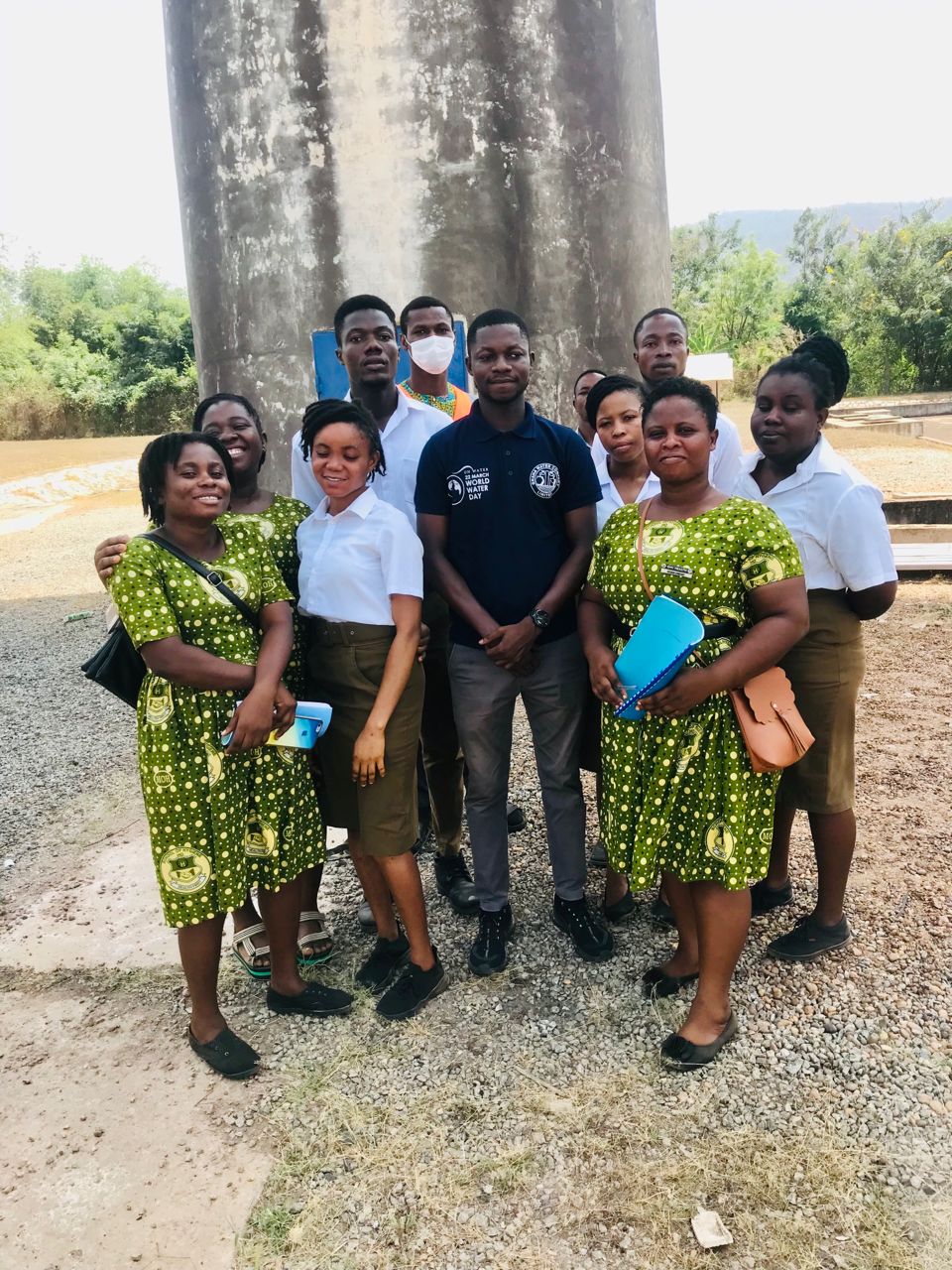
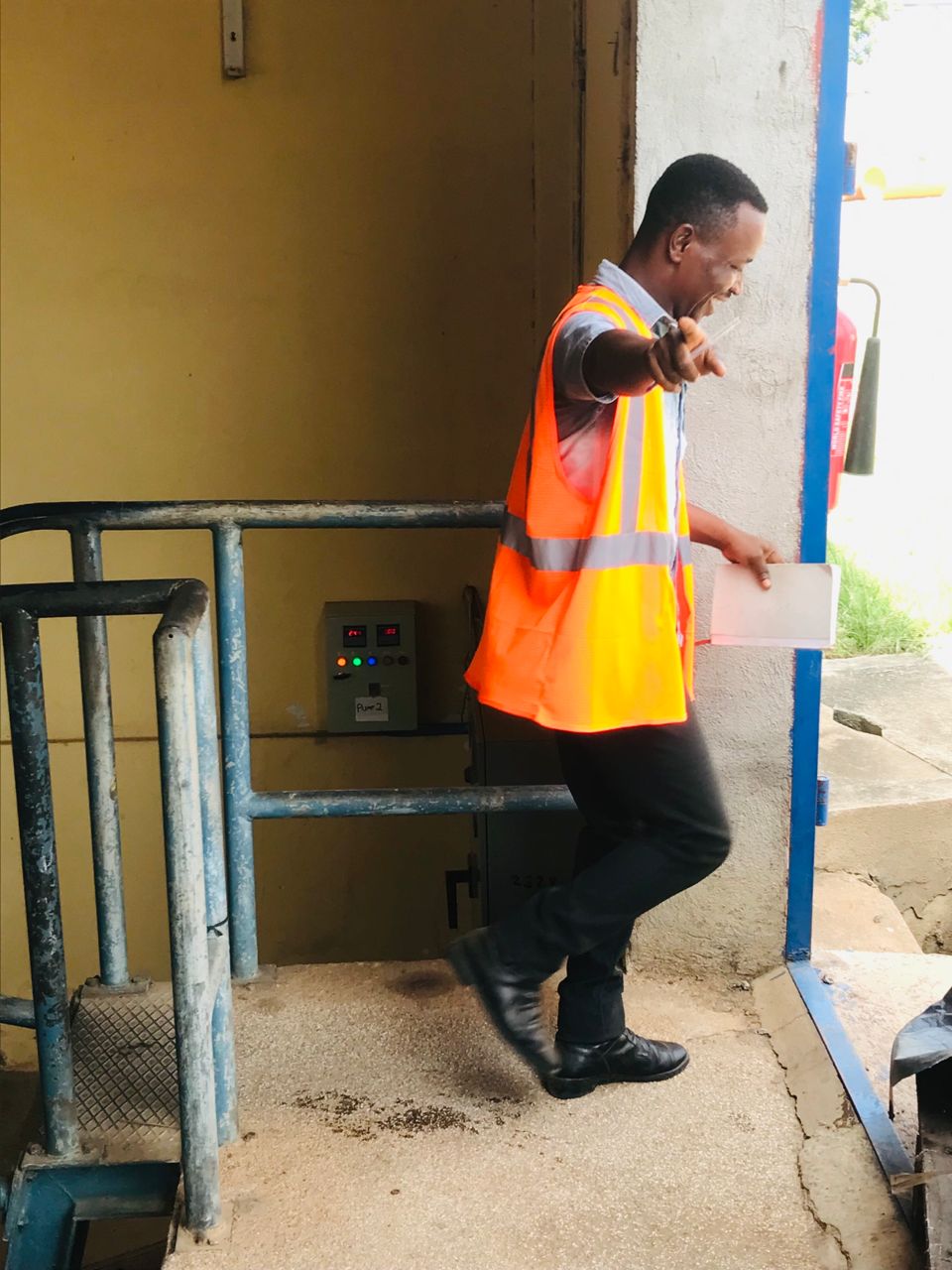
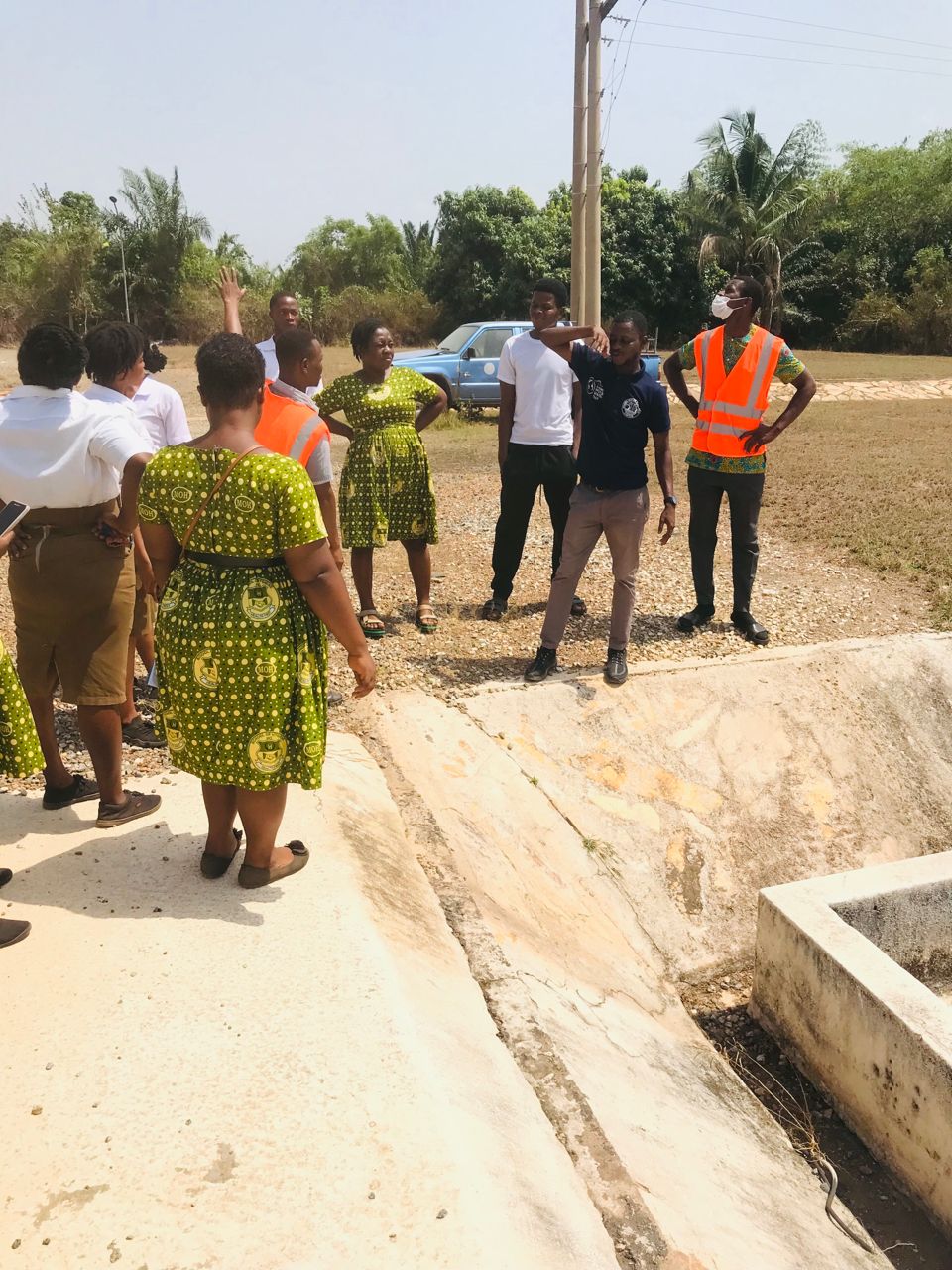
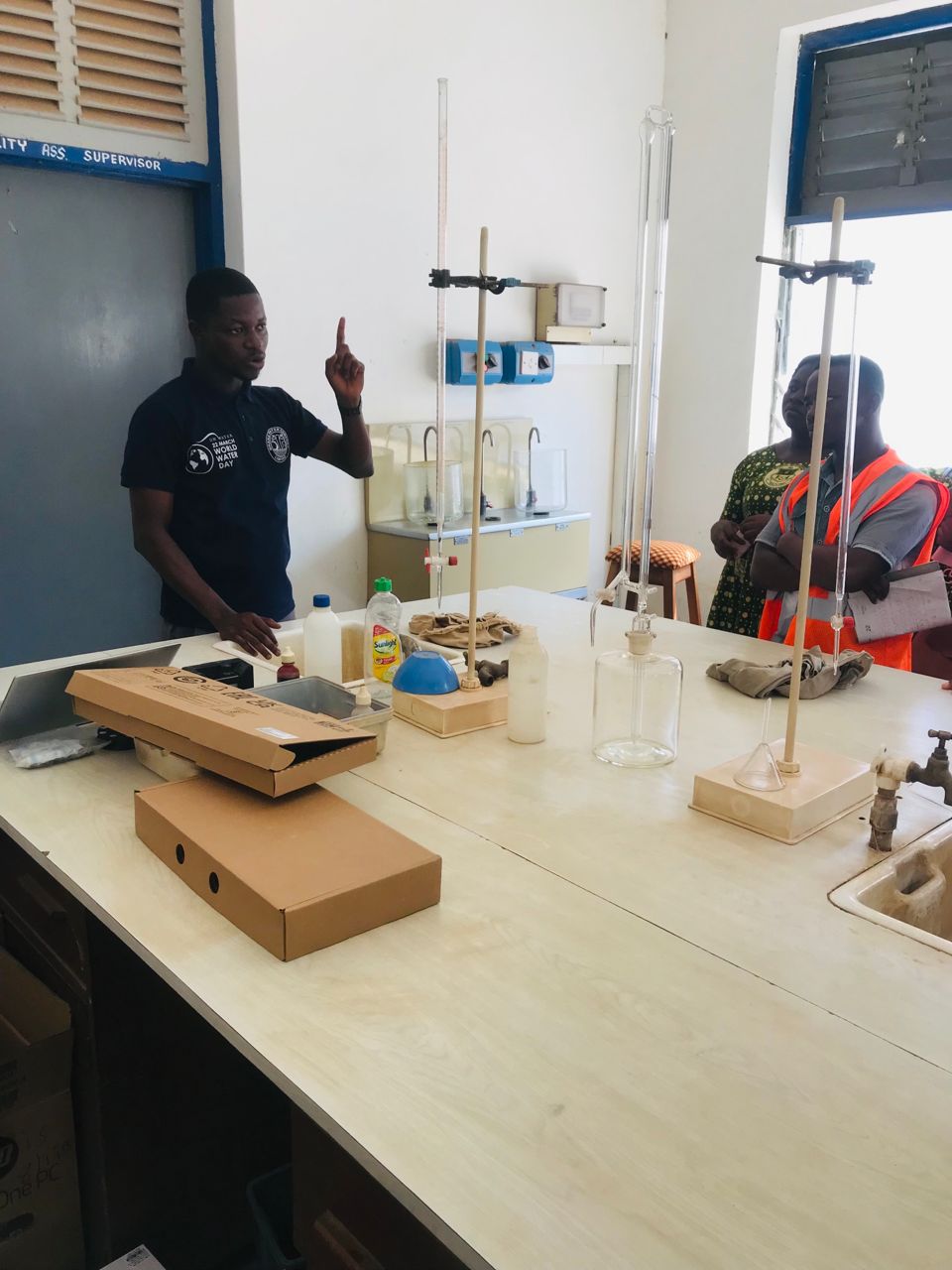
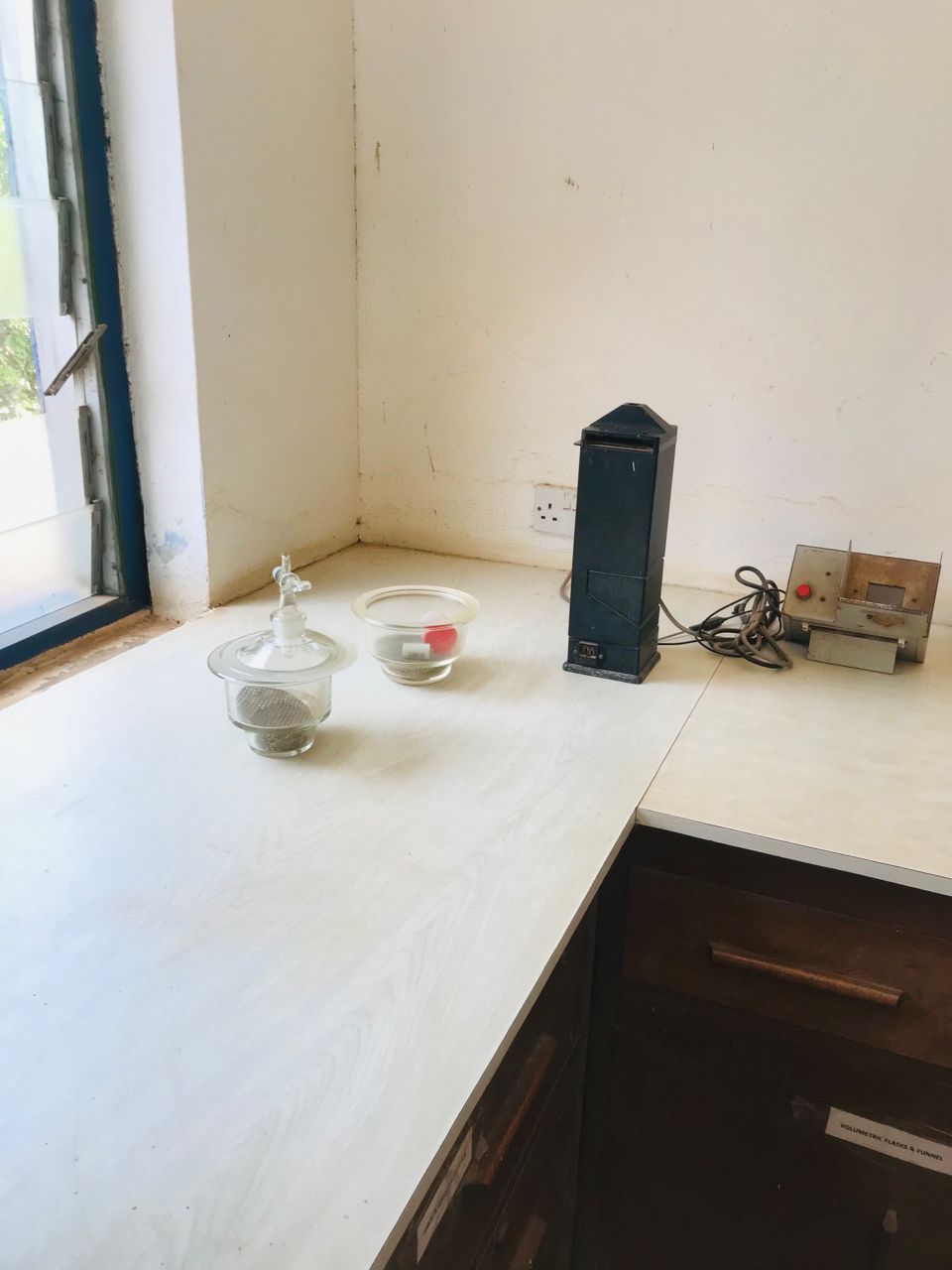
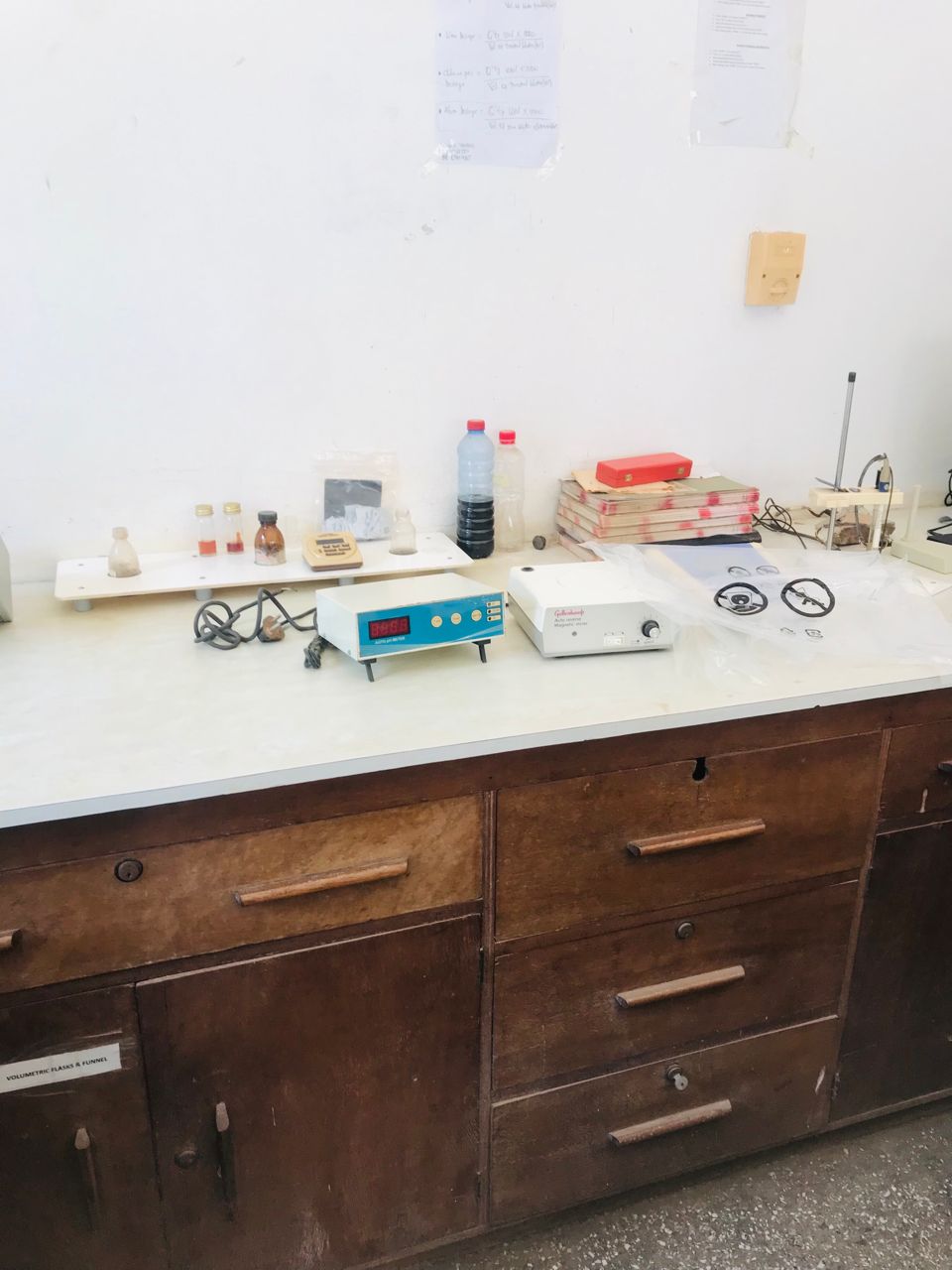
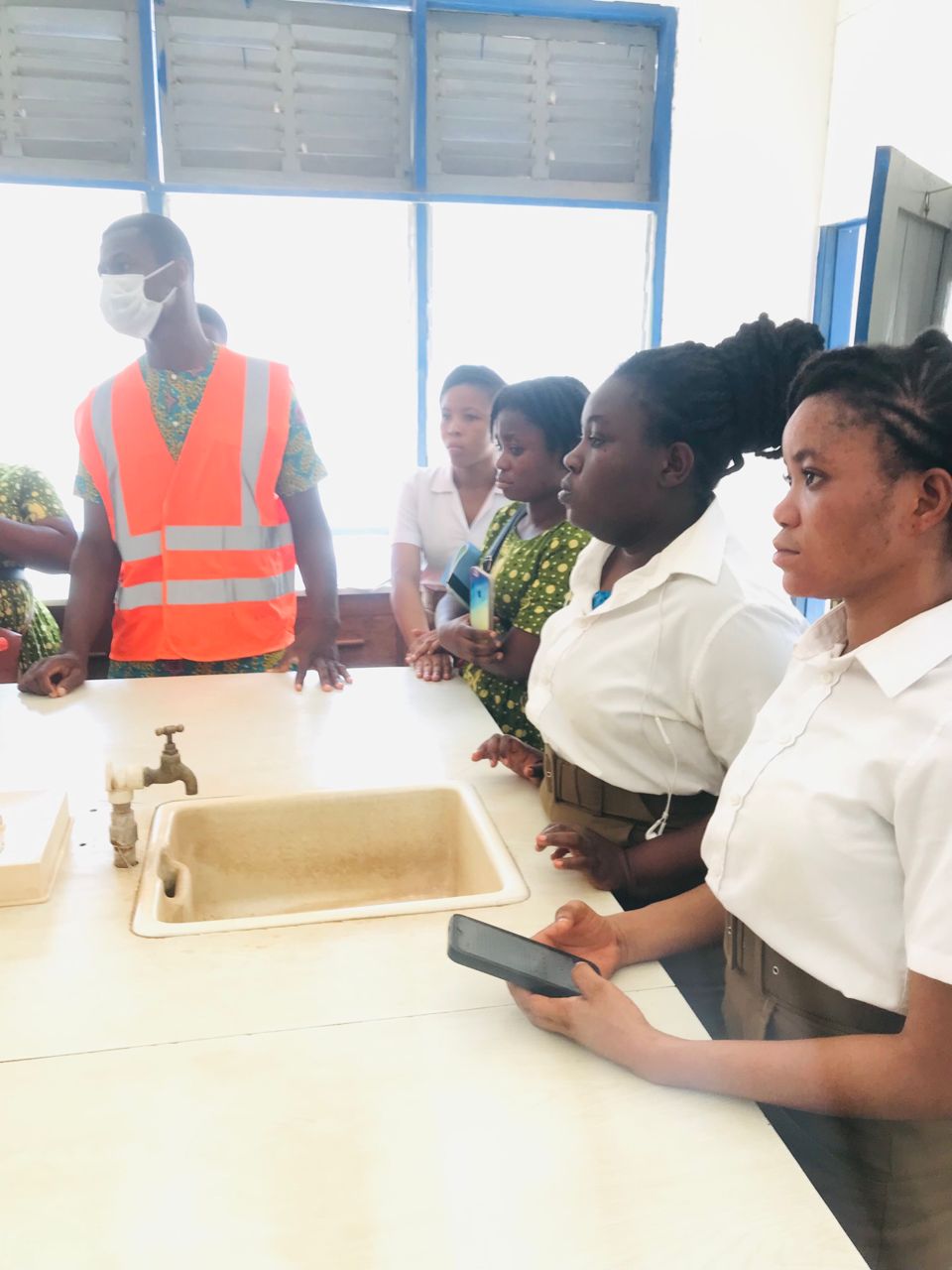
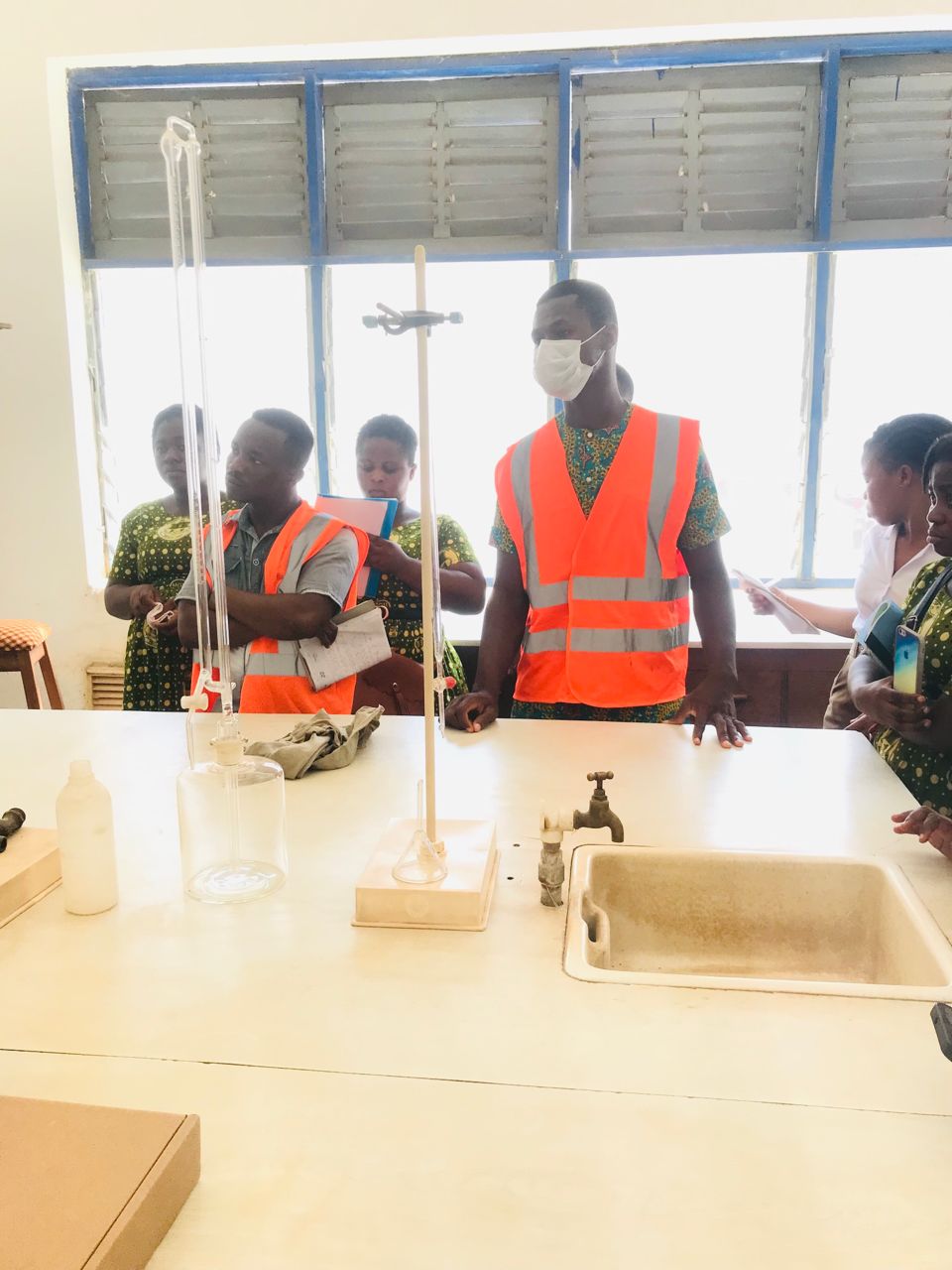
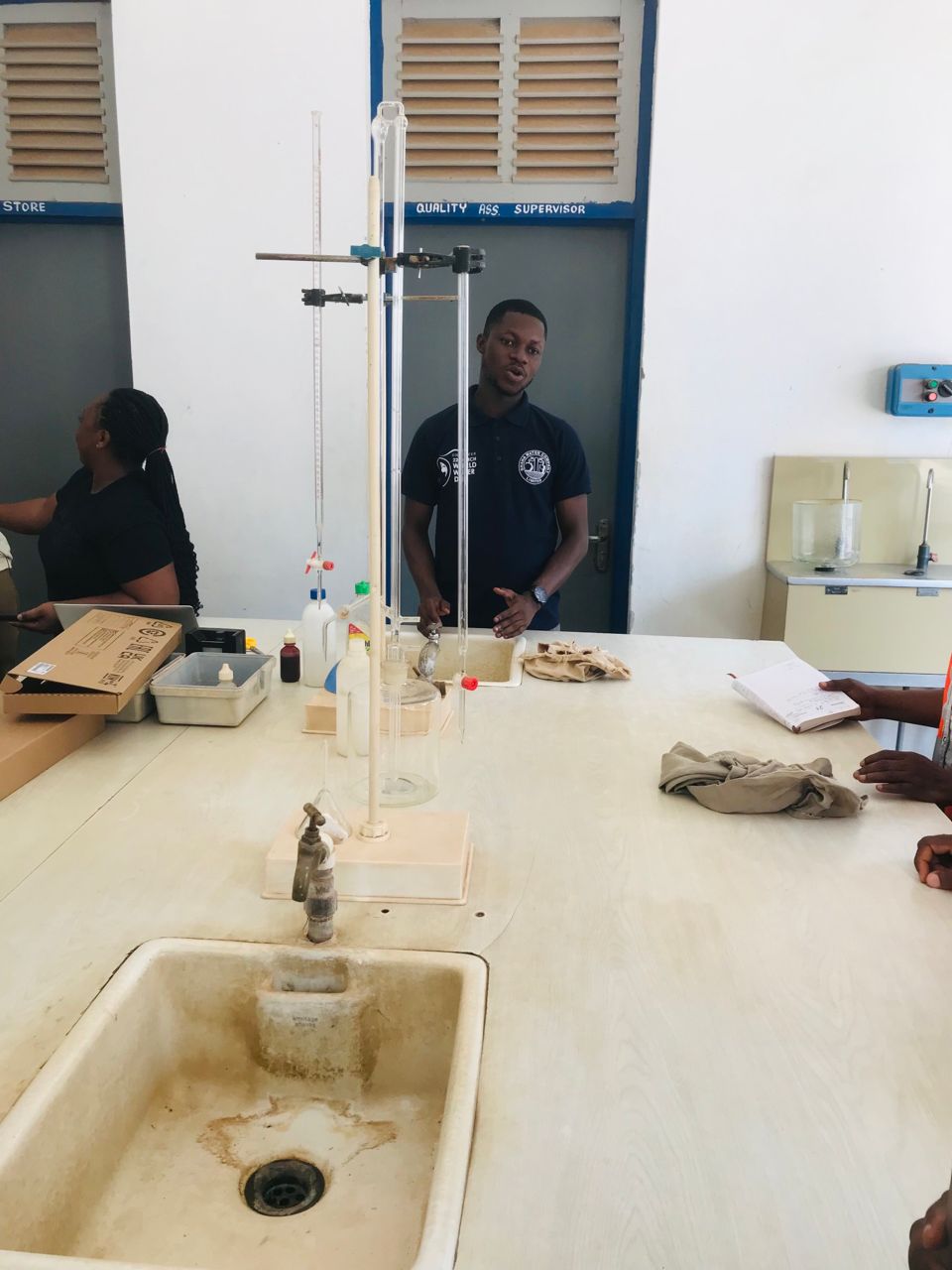
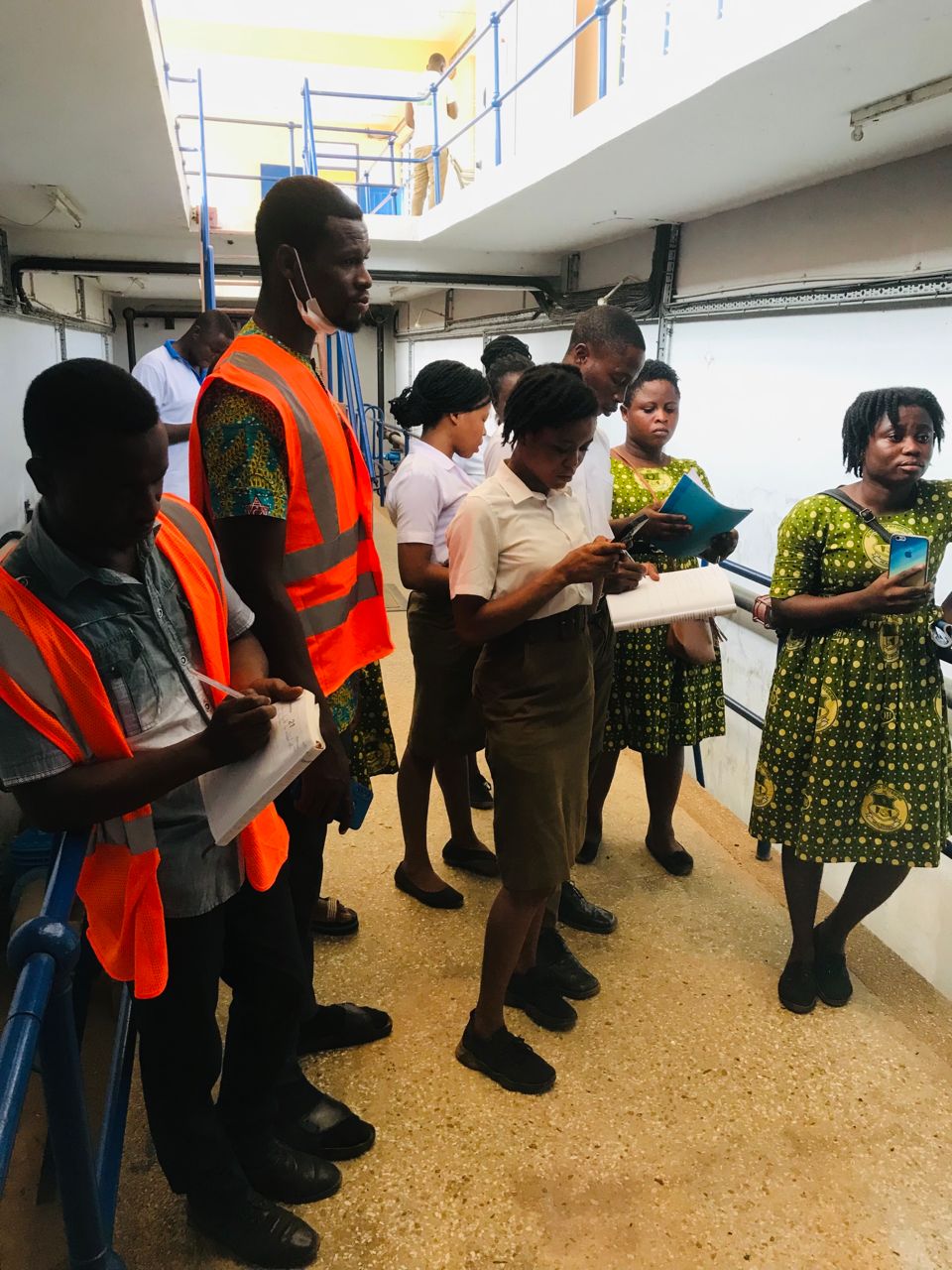
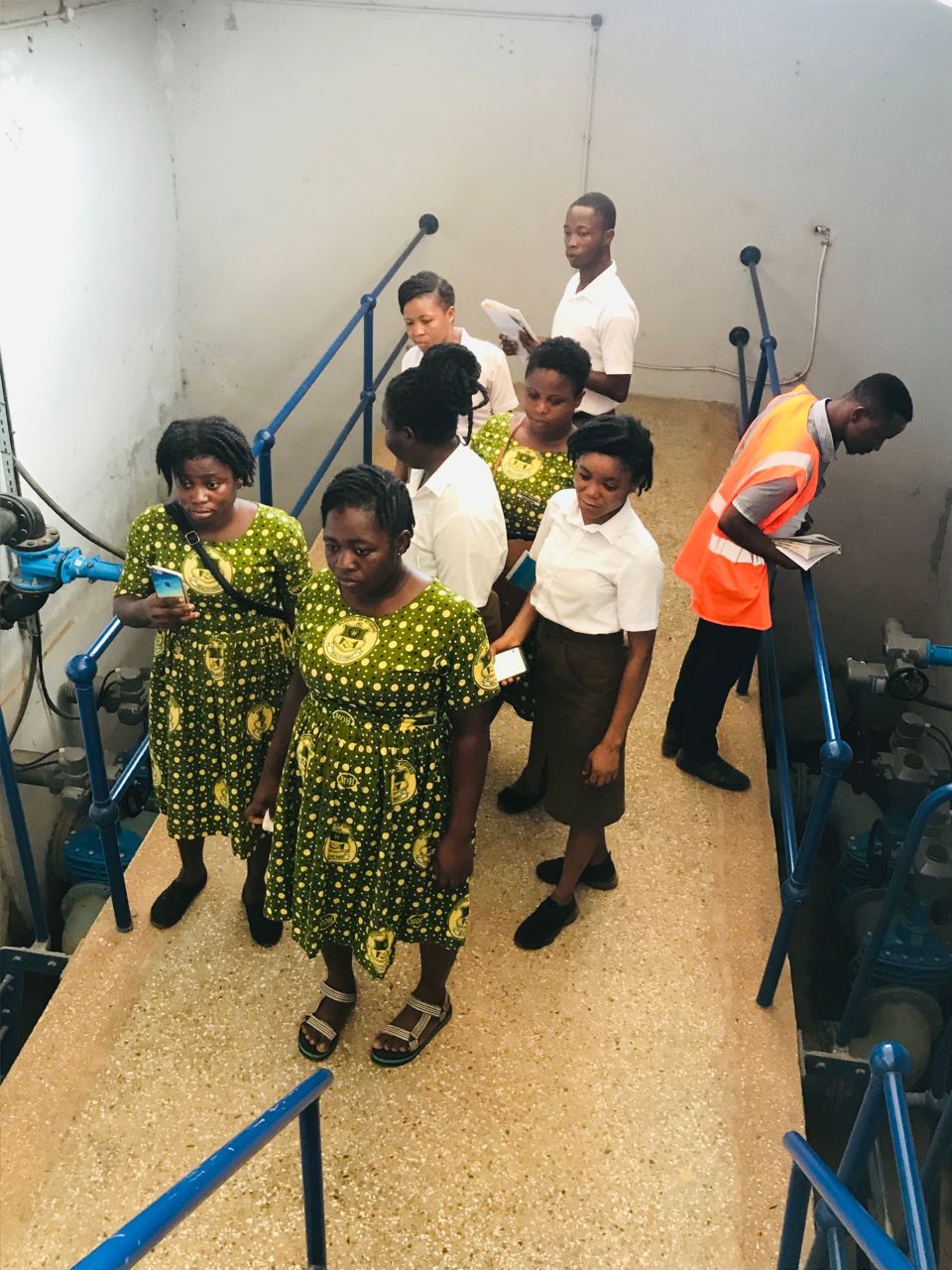
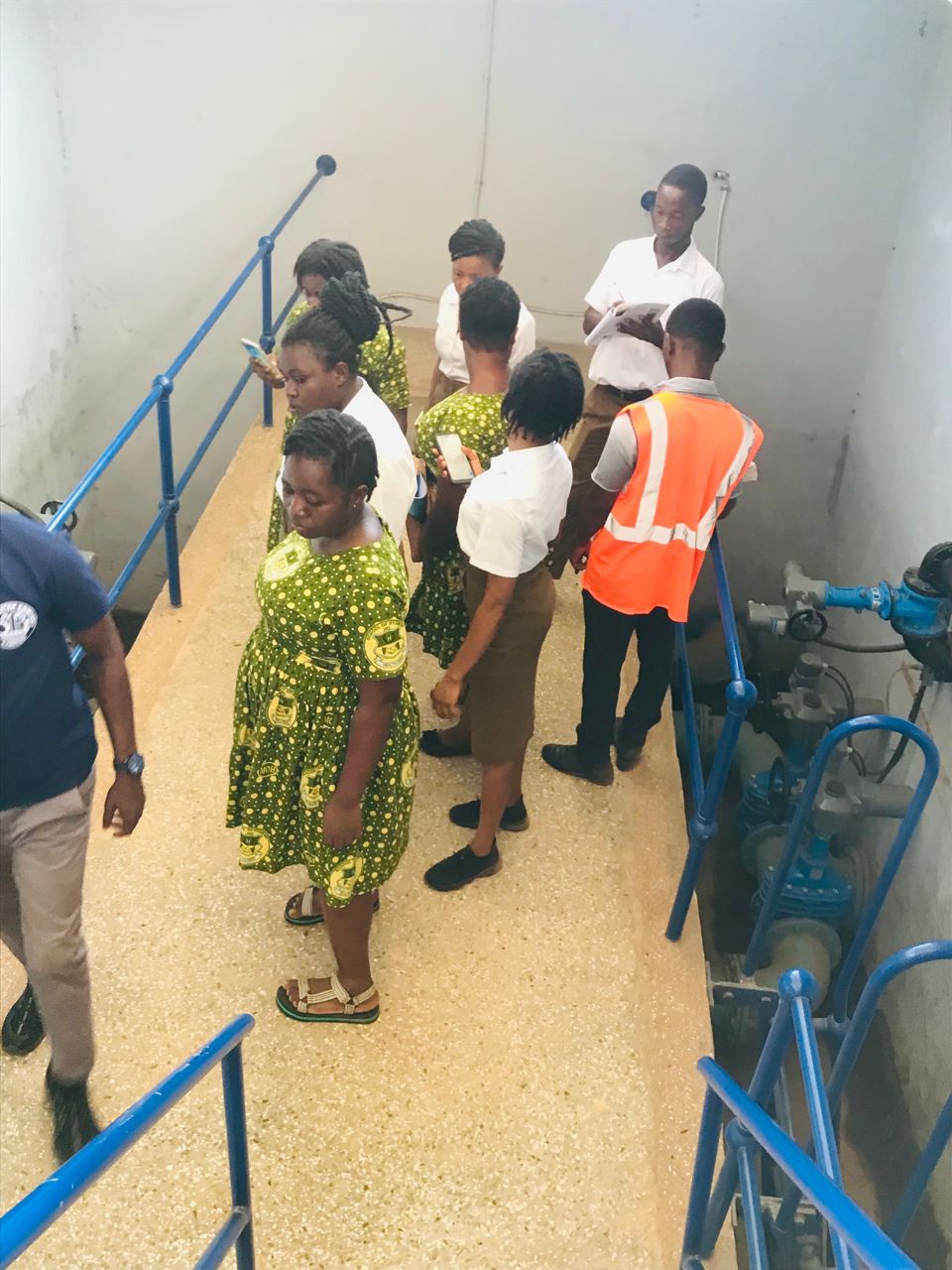
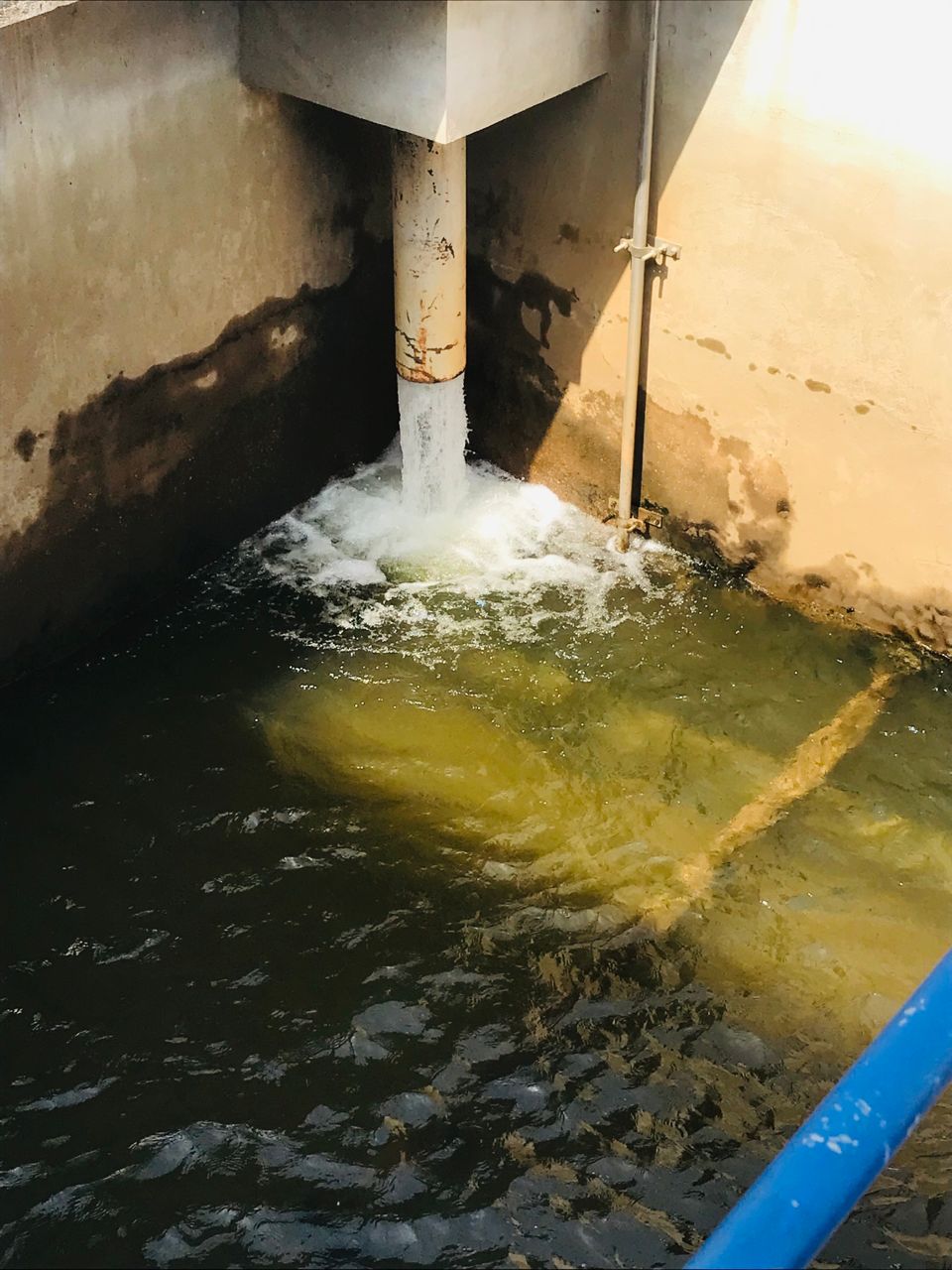
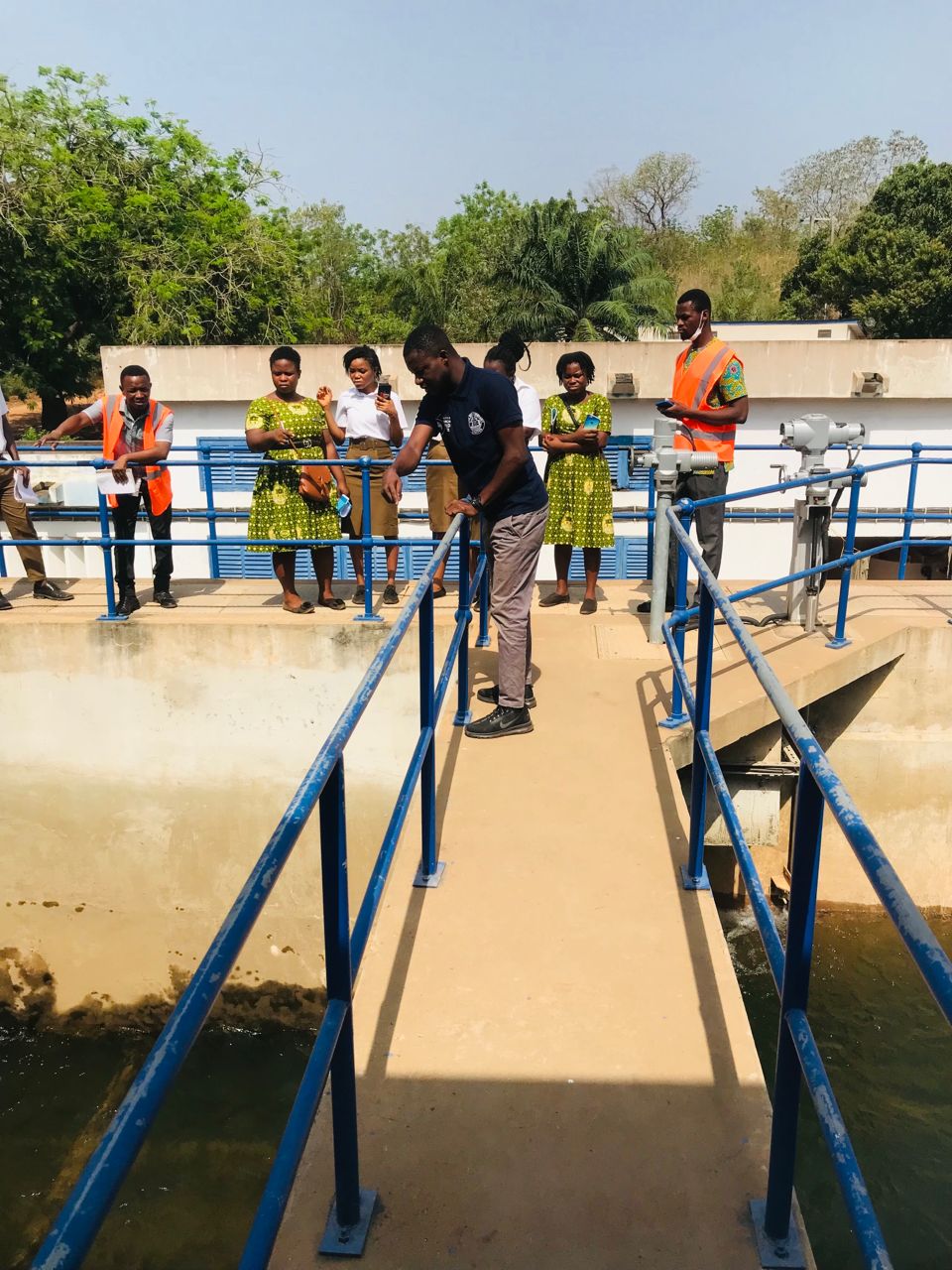
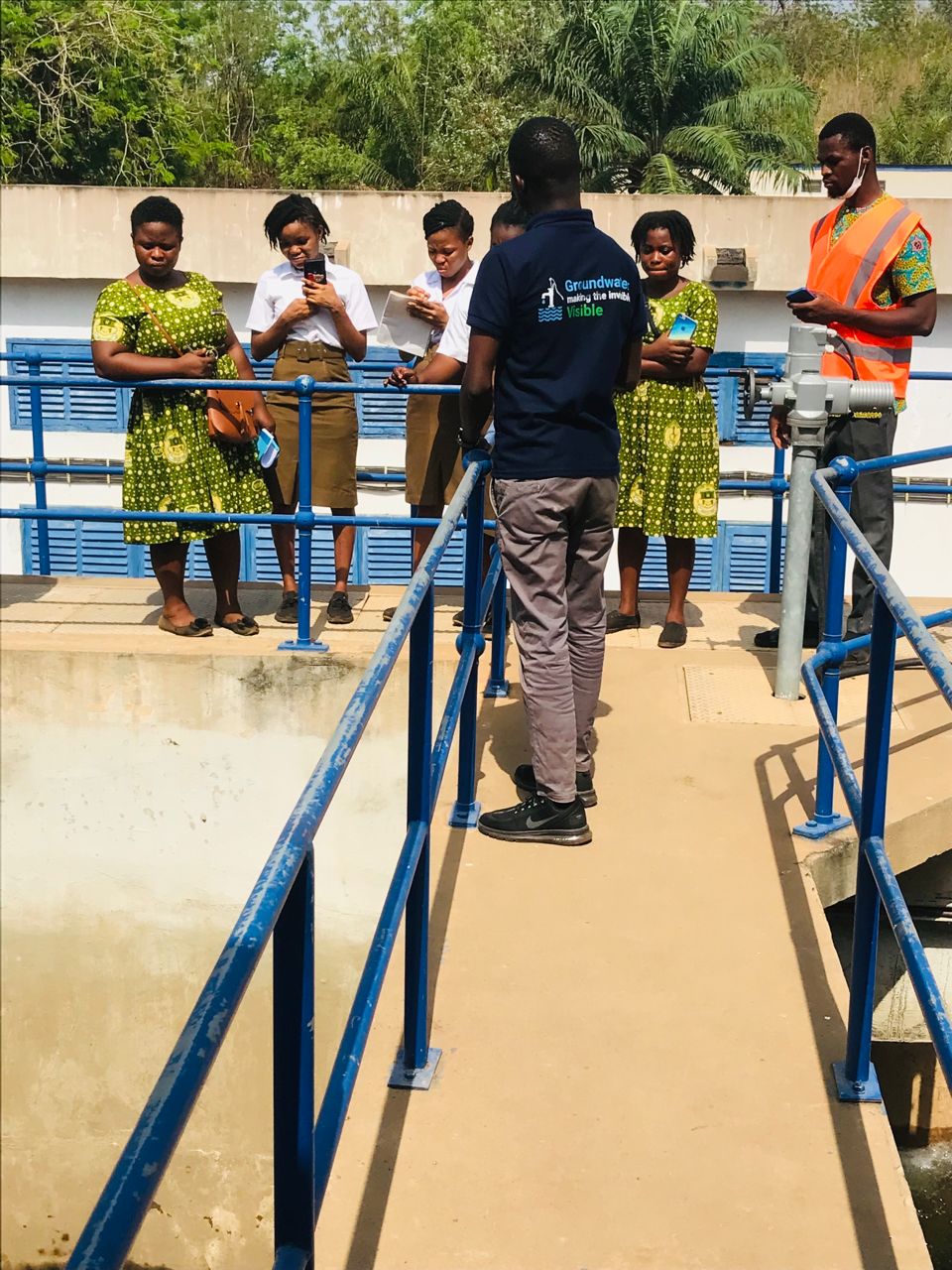



This Post Has 0 Comments